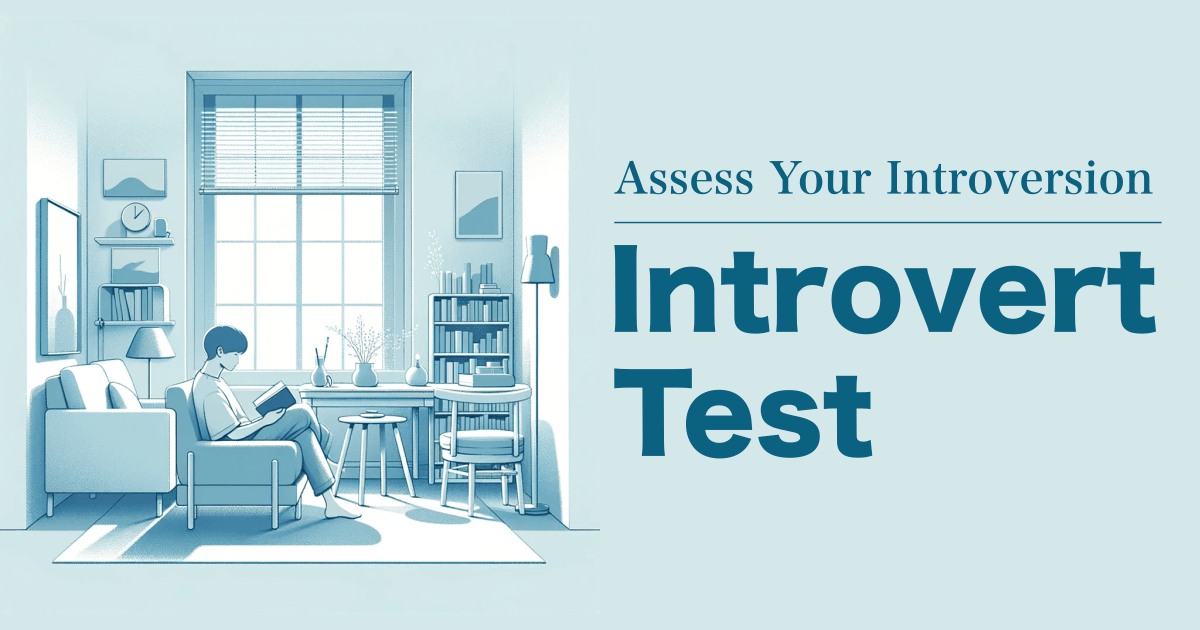
Are you an introvert? This test, based on the Big Five personality theory's trait of extraversion, assesses your level of introversion. Answer 20 questions to check how introverted you are.
Introversion is a personality trait in psychology, understood through the lens of where a person gets their energy and stimulation from.
While extroverted individuals recharge through social interaction and lively environments, introverts regain energy through solitude and calm surroundings.
People often misunderstand introversion as being shy, gloomy, or passive, but that’s a misconception. Introverts tend to be thoughtful, observant, and capable of deep concentration.
Many introverted people are still sociable—they just prefer interacting at their own pace.
In other words, introversion is not about having or lacking social skills, but rather a different style of using and recovering energy. Gaining an accurate understanding of your introversion can be the first step toward discovering the work and relationship style that suits you best.
In the Big Five personality traits model, individuals with low extraversion are considered introverted. These individuals generally prefer spending time alone over being in social settings or large groups. They value self-reflection and independent work, and they perform best in quiet and calm environments. People with low extraversion are cautious about new people and settings, preferring deep and narrow relationships.
Additionally, introverts tend to express their emotions less outwardly compared to extroverts, often keeping their thoughts and feelings internalized. They find value in enriching their inner world, and may be passionate about creative activities or independent learning. Having low extraversion means less participation in social activities, but this does not necessarily indicate a lack of social skills, rather it reflects a different preference for interactions.
Introverts are also characterized by their sensitivity to external stimuli, which can mean they easily become tired in noisy environments or with many social demands.